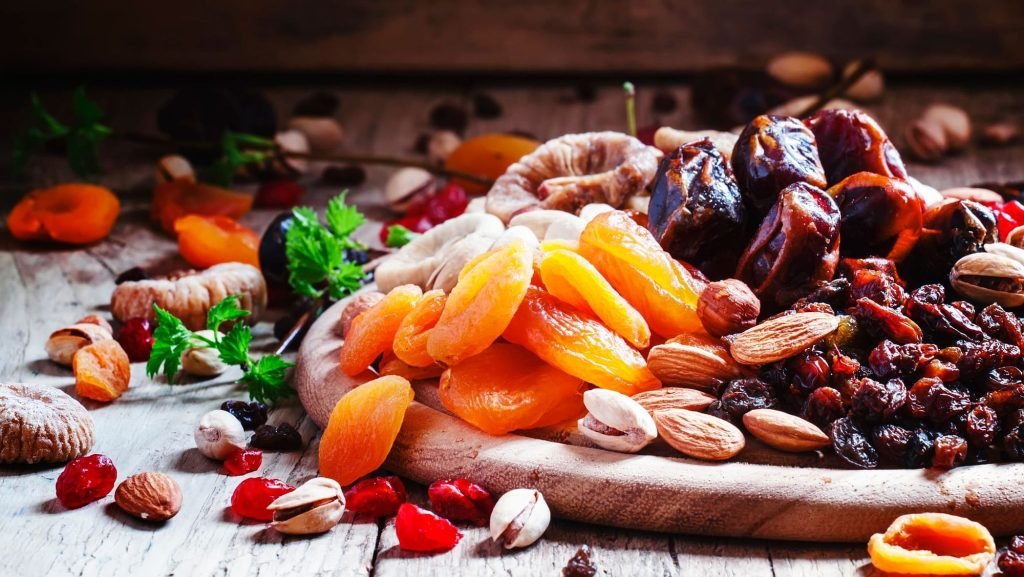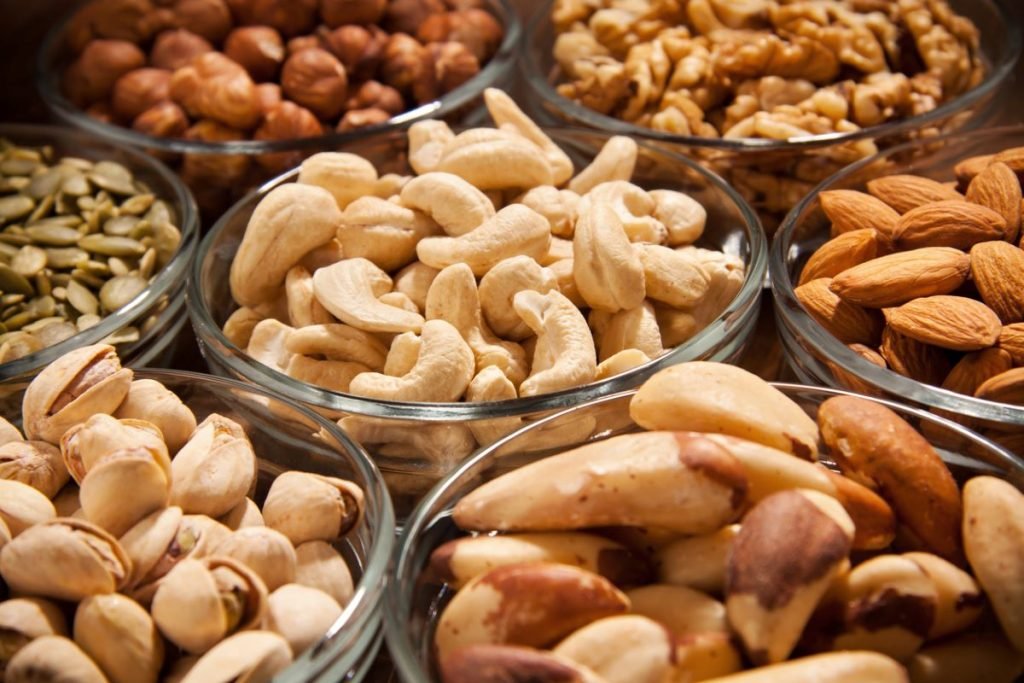SHIPPING DRIED FRUITS AND DATES.
Shipping dried fruits and dates may appear simple, but there are several crucial considerations. Whether you’re a vendor looking to ship this cargo to customers or simply curious about how it works, our guide has you covered. We’ll look at everything, from packaging to shipping, to ensure your dried fruits and dates arrive securely.
Shipping Dried Fruits and Dates
Dried fruits include apricots, figs, and raisins. Each variety requires unique care to keep it fresh. Dates are also classified into other varieties, including Ajwah, Al Khunaizi, Khalasah, Medjool, Rotab, and Deglet Noor. Knowing the type facilitates proper packaging and storage.
Shipping dried fruits and dates requires careful planning. These delicious snacks, famous for their sweet taste and health advantages, require specific handling during shipment. This article will go over the specifics of distributing these wonderful items.
Choosing the Right Packaging Materials
When transporting dried fruits and dates, one of the most important considerations is choosing the right packaging materials. The materials used to package your items play an important role in maintaining its freshness, quality, and overall appeal. In this section, we’ll look at the role of packing in preserving freshness and the various packaging materials available.
Importance of Packaging in Maintaining Freshness
Packaging is the first line of defense against external elements that can degrade the quality of dried fruits and dates in transportation. Maintaining freshness is critical for client happiness and repeat business. Here is why packing matters:
- Moisture Protection: Packaging materials act as a barrier to moisture, keeping your products from becoming overly moist or soggy, which can lead to spoiling.
- Flavor & Aroma Preservation: Proper packing prevents the loss of important oils and flavors, ensuring that your dried fruits and dates have the same delightful taste and aroma when they reach customers.
- Contaminant Protection: Packaging protects your products from dust, dirt, and other exterior pollutants, keeping them sanitary and safe to consume.
- Extended Shelf Life: Quality packaging can help your products last longer, reduce waste, and increase customer appeal.

Types of Packaging Materials
There are various packaging materials available, each with its own set of benefits and applications. Here are some common packaging materials for dried fruits and dates:
- Plastic bags: Polyethylene bags are inexpensive and widely accessible. They have good moisture resistance and are suitable for both bulk and individual packaging.
- Vacuum-Sealed Bags: These bags eliminate air from the package, avoiding oxidation and ensuring freshness. Vacuum-sealed bags are ideal for long-distance shipment.
- Aluminum foil bags are a good barrier to moisture, light, and oxygen. They’re perfect for preserving delicate dried fruits and dates.
- Kraft Paper Bags: Kraft paper is environmentally friendly and is frequently chosen by firms looking for a clean, natural appearance. While not as moisture resistant as other fabrics, they are appropriate for shorter delivery times.
- Boxes & cartons: Sturdy cardboard boxes are ideal for bigger numbers and offer extra protection during transit. They are commonly used for wholesale shipping.
Finally, choosing the correct packaging materials is critical to maintaining the quality and freshness of your dried fruits and dates during shipment. When choosing packing, keep your product’s specific needs, shipping conditions, and environmental issues in mind. This can help to retain consumer happiness while also reducing waste and contributing to a more sustainable future.
Shipping Methods and Considerations
Shipping dried fruits and dates takes careful planning and consideration of several elements to ensure that your products reach in good condition. This section will go over the differences between domestic and international shipping, the relevance of shipping length and temperature sensitivity, and how to choose the best shipping partner.
Domestic vs. International Shipping
Domestic Shipping:
Advantages: Domestic shipping transports your merchandise within the same country. It is generally less complicated, with quicker travel times, reduced freight costs, and less customs and regulatory requirements.
Consider domestic shipping for local or regional distribution, especially if your target market is predominantly within your own country.
International Shipping:
Advantages: International shipping allows you to broaden your market globally. It might provide new uses for your dried fruits and dates. However, it presents distinct problems, such as customs clearance, foreign rules, and longer transit times.
Use cases: Choose international shipping if you want to enter foreign markets and are willing to deal with the complexity.
2. Shipping Duration and Temperature Sensitivity
The duration of the transportation route has a significant impact on the quality of your dried fruits and dates. Longer travel periods increase the chances of moisture absorption, heat exposure, and deterioration.
Solutions: Opt for speedier shipping solutions, particularly for overseas deliveries. To reduce transit time, consider using express or accelerated services.
Temperature Sensitivity:
Dried fruits and dates are susceptible to temperature changes. Extreme temperatures can have an impact on its quality and shelf life.
Solutions: When temperature control is required, use refrigerated or insulated shipping containers. Make sure your packaging offers some amount of protection against temperature fluctuations.
Choosing the Right Shipping Partner
Selecting the right shipping partner is a critical decision that can significantly impact your business’s success. Here’s how to choose the right one:
Reliability:
- Look for a shipping partner with a track record of reliability and on-time deliveries. Check customer reviews and ask for references if needed.
Experience in Food Shipping:
- Partner with a shipping company experienced in handling food products, especially dried fruits and dates. They should understand the specific requirements and regulations related to food transportation.
Global Network:
- If you plan to ship internationally, consider a shipping partner with a global network and expertise in navigating international customs and regulations.
Cost Considerations:
- Compare shipping rates and fees from multiple providers to ensure you get competitive pricing that aligns with your budget.
Customer Support:
- Good customer support is essential. Choose a shipping partner that is responsive to your inquiries and can provide timely updates on your shipments.
Insurance Coverage:
- Inquire about insurance options to protect your products in case of unforeseen events, such as damage or loss during transit.

Finally, while exporting dried fruits and dates, it is critical to carefully examine domestic vs. international shipment, monitor shipping length and temperature sensitivity, and choose the correct shipping partner. By making informed decisions in these areas, you can ensure that your items reach clients in the best possible condition, whether they live nearby or on the other side of the world.
When exporting dried fruits and dates, it is critical to follow a variety of regulatory and legal standards to assure product safety, quality, and compliance.
1. Import and Export Regulations
Import Regulations:
When importing dried fruits and dates into a country, you must follow its import restrictions. These rules might differ widely between countries, including bans on certain fruits or dates from specific regions owing to pests or diseases.
It is critical to investigate and understand the destination country’s import restrictions, and ensure that your items fit those standards.
Export Regulations:
Similarly, if you are exporting dried fruits and dates to other nations, you must be aware of the export rules in your own country. These rules may include getting export permits, following packaging and labeling guidelines, and meeting the recipient country’s criteria.
Collaborate with relevant government authorities and trade associations to stay current on export restrictions and assure compliance.
2. Labeling Requirements
- Labeling your dried fruits and dates accurately is a legal requirement and essential for consumer safety and information. Include the following on your product labels:
- Product name
- Ingredients list
- Allergen warnings
- Net weight or quantity
- Expiration date or best-before date
- Country of origin
- Nutrition facts (if required)
- Contact information for your company
Language and Localization:
Consider the language preferences of the target market. In some countries, labeling in the local or multiple languages may be required.
Allergen Disclosure:
Disclose any allergens present in your dried fruits and dates. Ensure that the allergen information is accurate and prominently displayed.
3. Food Safety Compliance
HACCP Principles:
Implement Hazard Analysis and Critical Control Points (HACCP) principles in your production and packaging processes. HACCP is a systematic approach to food safety that identifies and controls potential hazards.
Good Manufacturing Practices (GMP):
Adhere to GMP standards to ensure that your facility, equipment, and personnel maintain high cleanliness and hygiene during production and packaging.
Traceability and Recall Plan:
- Establish a robust traceability system that allows you to track the origin and distribution of your products. This is crucial in case of product recalls or safety concerns.
Regular Audits and Inspections:
- Conduct regular internal audits and inspections to ensure your operations comply with food safety regulations. You may also be subject to inspections by regulatory authorities.
Employee Training:
- Train your employees in food safety practices and ensure they know the importance of hygiene and quality control.
Regulatory and legal considerations are critical when transporting dried fruits and dates. Adhering to import and export regulations, meeting labeling standards, and maintaining food safety compliance can help you avoid legal concerns, create customer trust, and ensure the quality and safety of your products on the market. To flourish in the sector, stay up to date on the regulations that apply to your firm and resolve compliance issues ahead of time.
